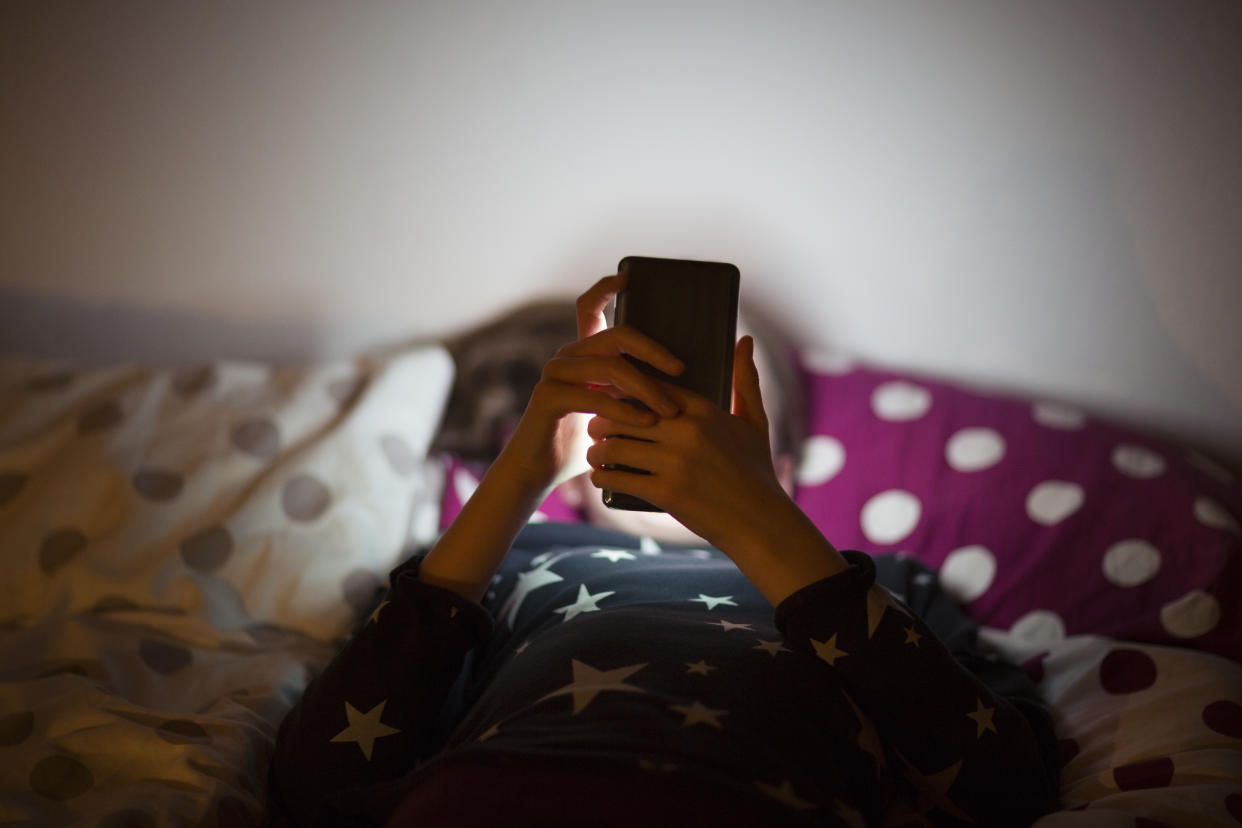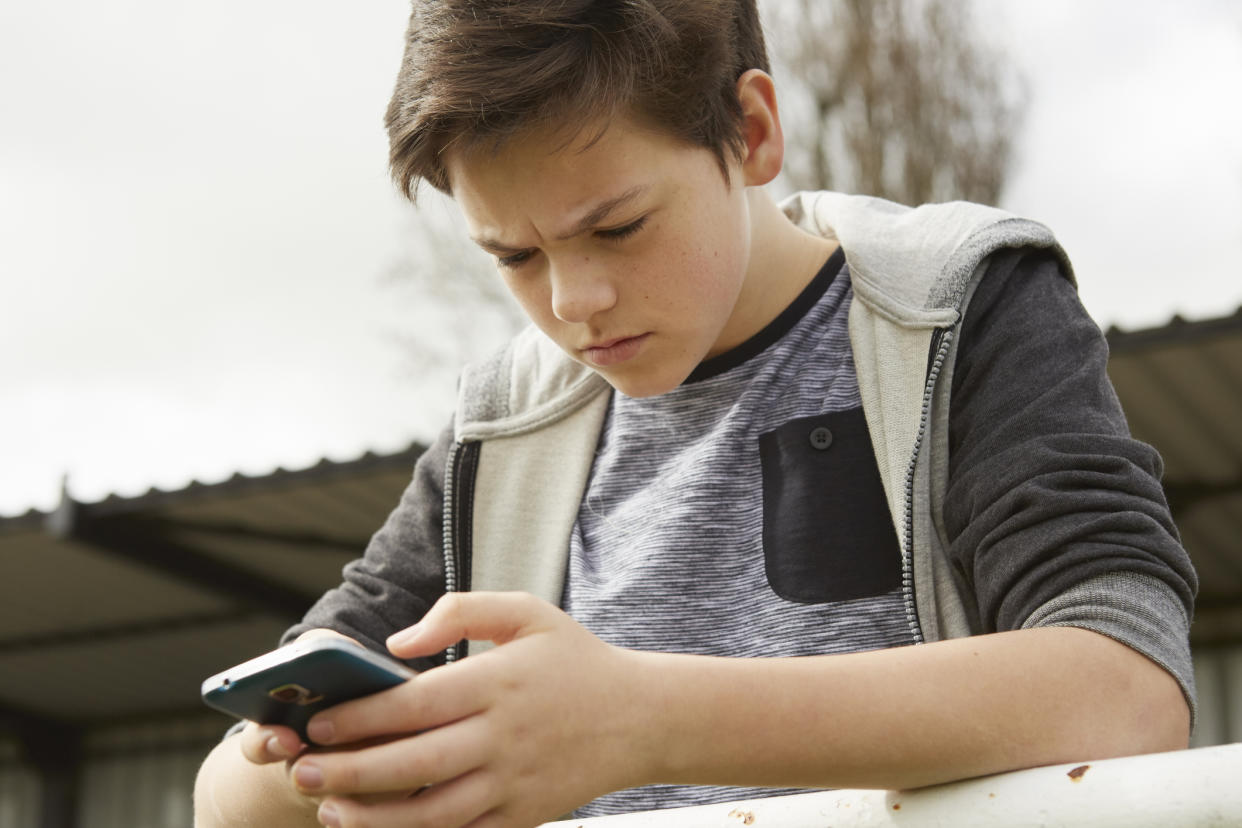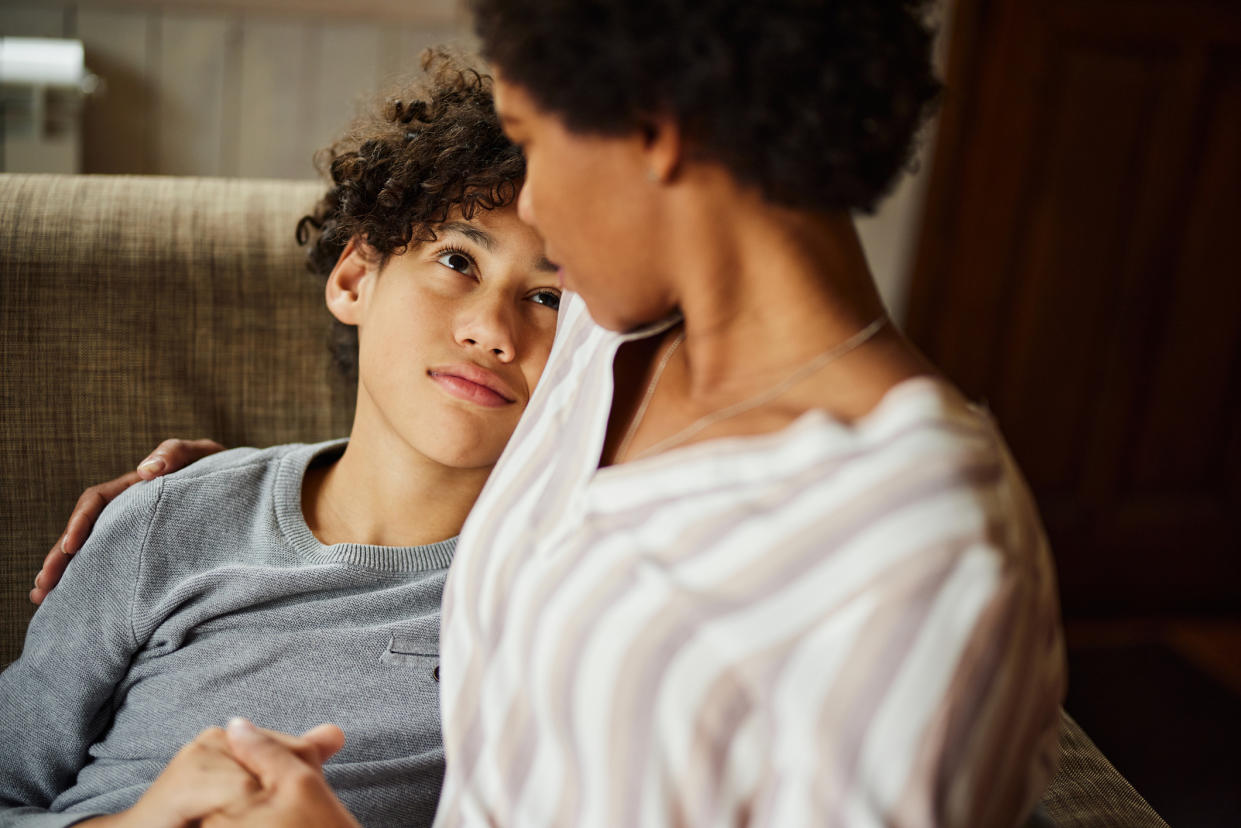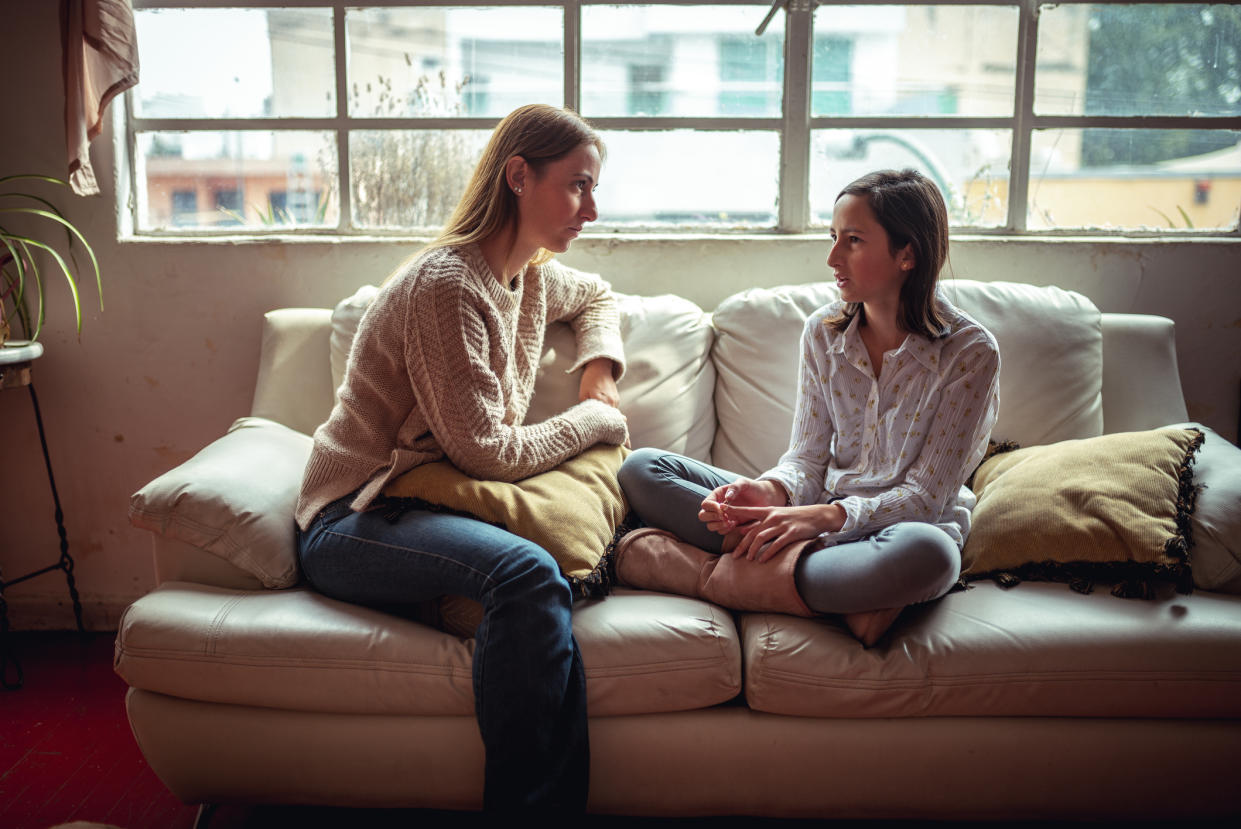How to protect your child from Israel-Hamas war content on social media, according to the experts

In the midst of the ongoing Israel-Hamas war, incredibly graphic images and video clips are widely being shared online, revealing the full horror of the violence.
The unimaginable scenes of burnt out houses, bodies, and bloodied victims aren’t easy for grown-ups to digest, let alone children, but with many teenagers (and younger kids) having wide access to the internet and social media, youngsters may see more upsetting content than even their parents.
The concern is that should they view them, these graphic visuals could have a long-term impact on a child's mental health and wellbeing.
One study, published in Environment Research and Public Health, found that the effects of youths viewing violent scenes of armed conflict can cause anxiety, sadness, isolation, distress and elevated perceptions of personal risk.
Some experts have issued warnings to Israeli parents to delete social media, including TikTok and Instagram, from their children's mobile phones in a bid to stop the upsetting images appearing in their feeds.
But should British parents consider doing the same?
Read more: How to limit graphic social media images from the Israel-Hamas war (Washington Post, 5-min read)

Should parents delete their children's social media?
While some parents might feel the immediate need to delete social media apps to protect their children during turbulent times, the NSPCC say there are some recommended methods to try first.
"Your child will gain many benefits from their social media account and it’s often their way of communicating with friends," explains Luke Savage, senior project officer – child safety online.
"But before your child even engages with social media, it’s worth educating yourself about how to set up their devices safely and embed relevant parental controls," he continues.
Ashley Rolfe, head of operations, from the charity, Kidscape, says there are some simple measures parents can take to control the content viewed online, starting with reassuring children that they have many options to limit/reduce/stop promoted articles, especially if they find the content distressing.
"Make them aware of the control (sometimes it can feel the other way round) that they have to manage what is seen on their devices," he says.
Watch: Online Safety Bill to become law in crackdown on harmful social media content
Rolfe says there are many apps, which allow you to remove/snooze articles/profiles. For example Internet Matters has a resource enabling parents to select the device, search engine, broadband and mobile network or social media platform to get a step-by-step guide on exactly how to manage content. TikTok also provides ways in which parents and children can restrict content.
"This removes the idea of deleting the app entirely but offers your young person a solution, reinforcing critical thinking skills, to control what they see, making the environment on that particular app that bit safer for them," Rolfe explains.
"It's about equipping young people with the appropriate practical tools and strategies to deal with challenges online."
Before they get chance to see any distressing content, Savage also suggests trying to exercise different scenarios with your child.
"Ask them what they would do if they saw something that upset them and help them to understand what they can do to prevent them from seeing content like this," Savage advises.
Read more: Jewish parents told to delete social media apps (BBC, 3-min read)

What to do if your child has already seen something distressing online
If they've already seen something upsetting, Savage says it is important your child looks after their general wellbeing.
"Encourage them to turn off notifications so they can take a break from conversations and alerts and suggest they engage in a hobby that the y enjoy," he suggests. "Urge them follow social media accounts that make them feel happy or only generate positive content."
While the temptation may be to express anger or disappointment if a child discloses that they have seen something online that has distressed them, Savage advises parents to try to remain calm.
"Support your child to help them understand what they have seen and give them an opportunity to ask any questions they may have," he says.
"Allow them space to talk about how it made them feel."
Read more: Revealed: The fake Israel and Gaza videos being shared on social media (Yahoo News, 2-min read)
Talk openly and honestly to children
If you feel it necessary, take time to talk to your child about the conflicts taking place, ask them if they have any concerns about it, and explain that they might encounter further content around the conflict online.
"Remind them that information online isn’t always true or based on facts," Savage continues. "Encourage them to challenge what they’ve seen or read and recommend they only gather their news from reputable sites such as Newsround."
According to Savage it is also important to explain that they should not re-share content that has upset them.
"Remind them how it made them feel and it will inevitably upset others," he says.
Overall the NSPCC say it is important to show interest in your child’s usage online as this helps to build trust and encourages your child to be more honest with you about the content they’re viewing.
"Having open conversations with children also allows them to talk to you should they have seen distressing content," Savage concludes.

Where to go for help
Children and young people can talk to Childline about anything they have seen that has been distressing to them. The service provides a safe, confidential place for children 24 hours a day, 365 days a year. Children can speak to Childline on 0800 1111, or chat online at childline.org.uk.
The NSPCC’s online safety hub has a host of information, including setting up parental controls and online wellbeing on keeping children safe online.
For more information about protecting your child online visit Kidscape.


